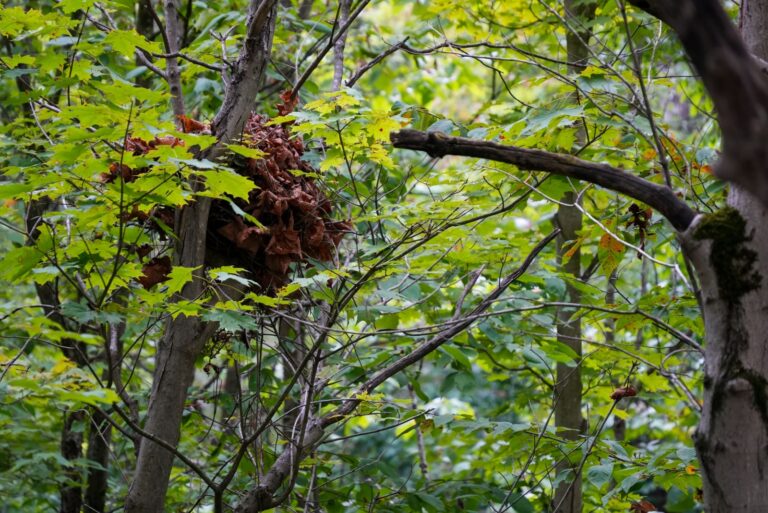9 Popular Yard Additions Facing Possible Bans In Connecticut Communities

What’s growing in your yard today could cause a stir tomorrow. Across Connecticut, communities are cracking down on certain plants and landscaping choices that threaten local ecosystems.
From invasive species to high-impact ornamentals, these 9 popular yard additions are landing on the watch list — and may soon be banned in your neighborhood.
1. Backyard Chickens And Coops
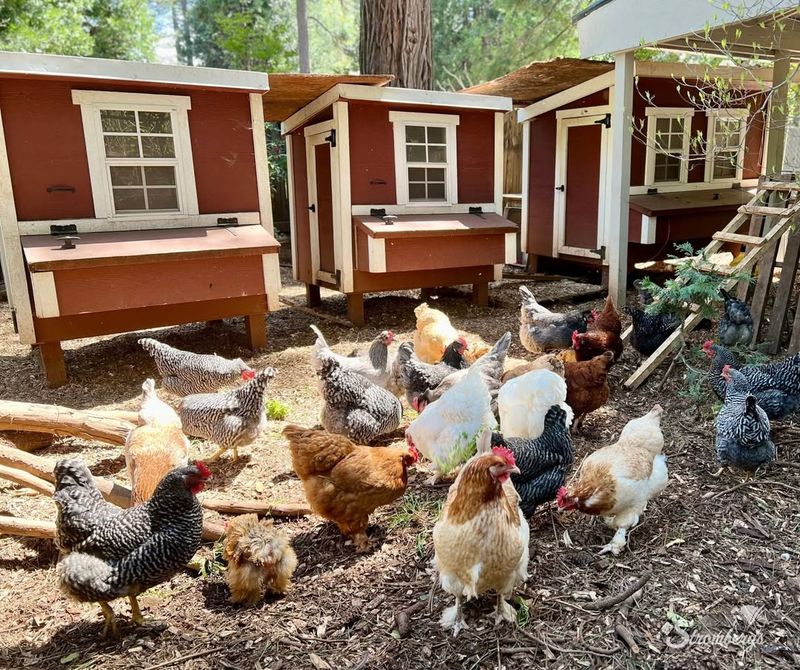
Raising chickens at home has become incredibly popular for families wanting fresh eggs and a connection to their food sources. Many Connecticut towns are now debating whether residential areas should allow these feathered friends because of noise complaints and concerns about attracting predators.
Neighbors sometimes worry about rooster crowing at dawn or unpleasant smells from improperly maintained coops. While hens are generally quieter, some communities are considering complete bans rather than creating complicated regulations. Check your local ordinances before investing in a coop and chickens for your backyard farm dreams.
2. Above-Ground Swimming Pools
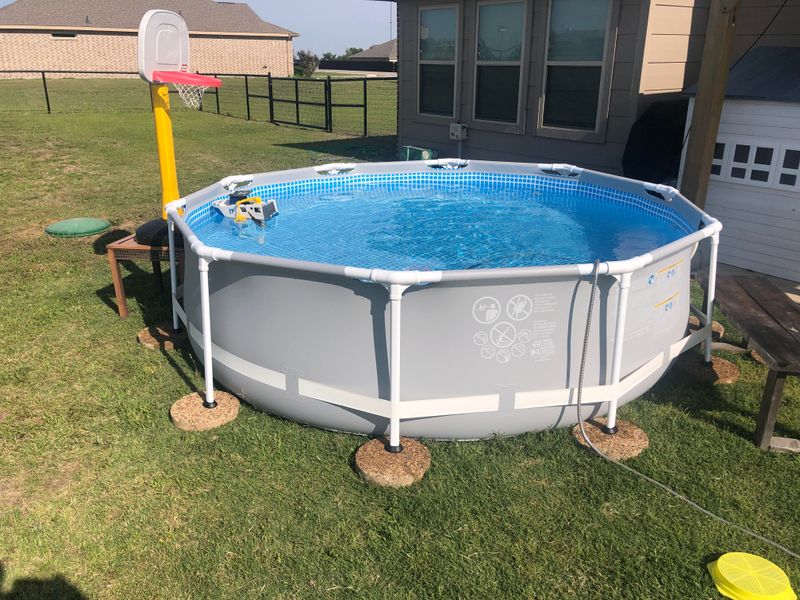
Summer fun often means splashing around in an above-ground pool, which costs far less than in-ground versions. However, several Connecticut neighborhoods are pushing for restrictions because these pools can look unsightly and decrease property values in upscale areas.
Safety concerns also play a role, as improperly secured pools pose drowning risks for young children. Some homeowner associations already prohibit them entirely, and more towns may follow with stricter zoning laws. Before purchasing one, verify whether your community allows above-ground pools and what safety requirements you must meet to stay compliant.
3. Artificial Turf And Synthetic Lawns
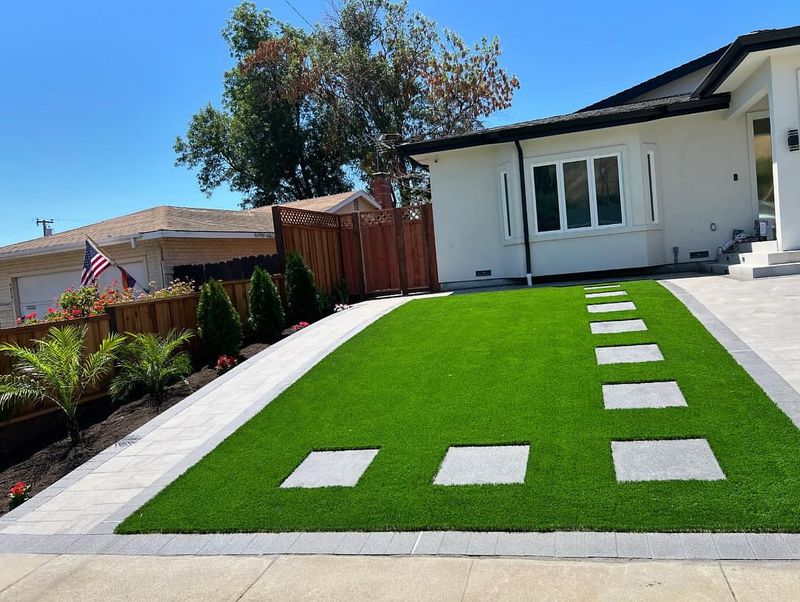
No more mowing sounds appealing to busy homeowners, which explains why artificial grass has gained popularity in recent years. Environmental groups in Connecticut are raising concerns about plastic waste, heat retention, and the impact on local ecosystems that depend on natural grass.
Some towns worry that widespread synthetic lawns could harm pollinators and beneficial insects that need real plants. Runoff from artificial turf may also contain chemicals that affect water quality in nearby streams. Communities are weighing convenience against environmental protection, and some may soon require permits or ban synthetic lawns altogether in residential zones.
4. Tall Privacy Fences Over Six Feet
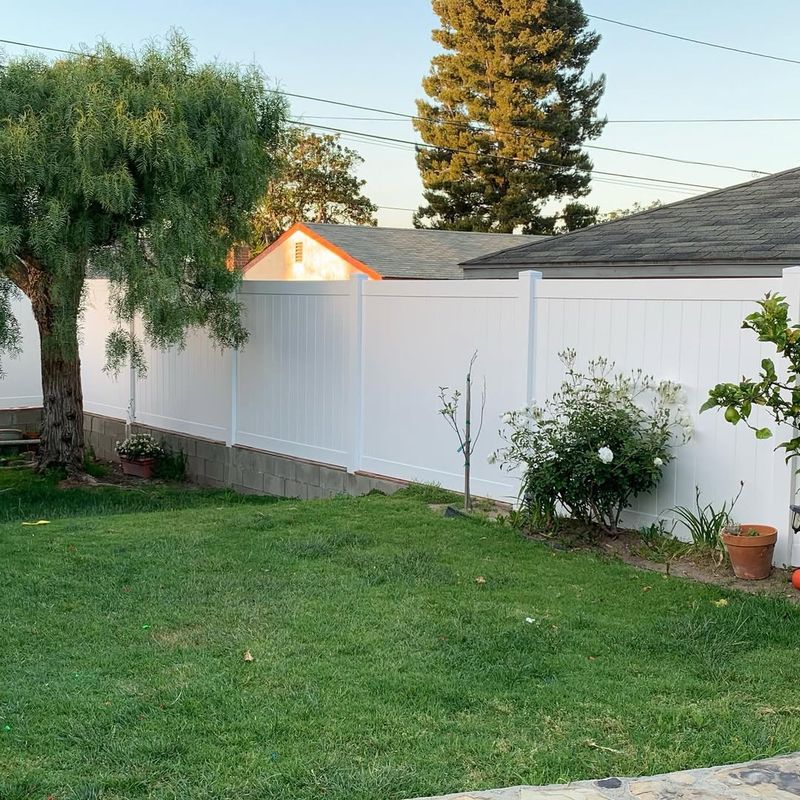
Privacy matters to homeowners who want to enjoy their yards without feeling watched by neighbors. Towering fences can create problems by blocking sight lines at intersections, casting shadows on adjacent properties, and making neighborhoods feel closed off and unfriendly.
Many Connecticut towns already have height restrictions, typically limiting fences to six feet in backyards and even shorter in front yards. Proposed regulations would enforce these limits more strictly and increase fines for violations. Before building that privacy barrier, measure carefully and consult your local building department to avoid expensive mistakes.
5. Permanent Fire Pits And Outdoor Fireplaces
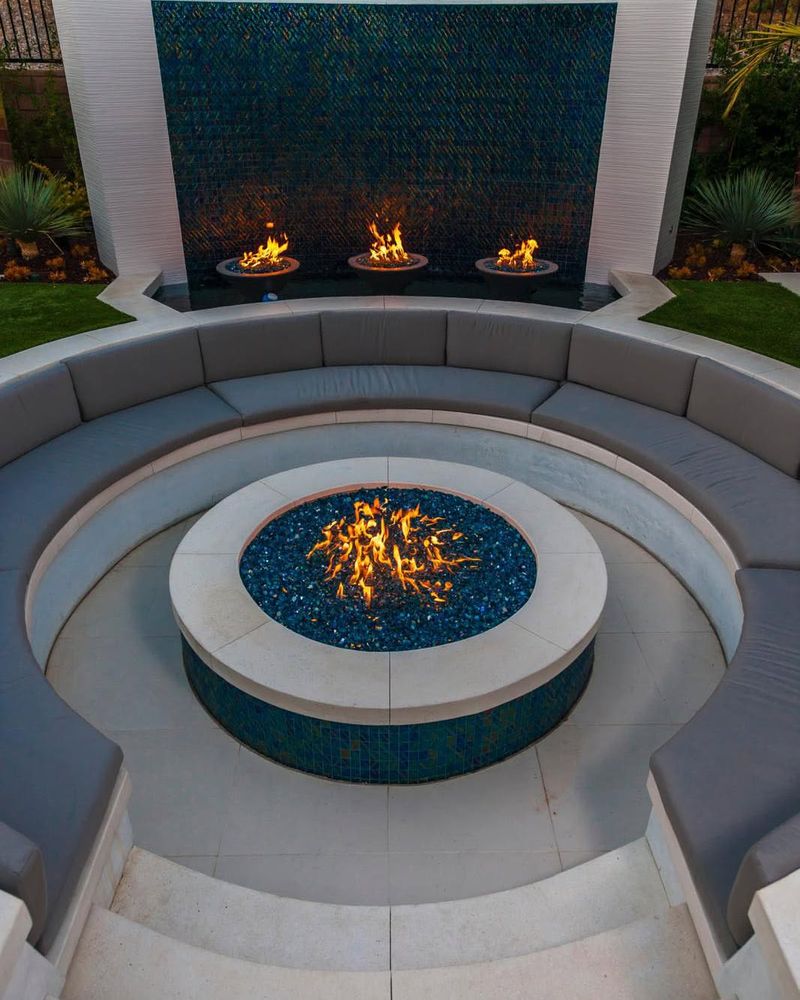
Gathering around crackling flames creates wonderful memories, making fire pits a sought-after backyard feature for entertaining friends and family. Fire safety officials in Connecticut are increasingly concerned about smoke bothering neighbors and potential fire hazards during dry conditions.
Air quality regulations are becoming stricter, especially in densely populated areas where smoke can drift into nearby homes. Some communities already require permits for permanent fire features, and others are considering seasonal bans or complete prohibitions. Portable fire pits might remain acceptable, but built-in structures face uncertain futures in many Connecticut towns.
6. Clotheslines And Outdoor Drying Racks
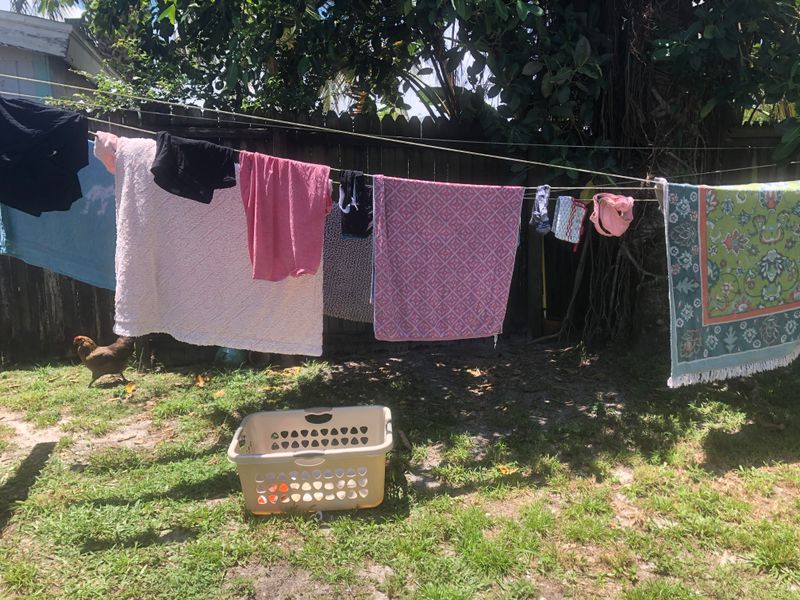
Air-drying laundry saves energy and money while being environmentally friendly, yet some Connecticut communities view clotheslines as eyesores. Homeowner associations in upscale neighborhoods often prohibit visible laundry, claiming it reduces curb appeal and property values.
Connecticut actually has a right-to-dry law protecting clothesline use, but communities continue finding creative ways around it through aesthetic regulations. Some towns require clotheslines to be hidden from street view or only used in backyards, not front yards. Understanding both state law and local rules will help you avoid conflicts while enjoying this eco-friendly practice.
7. Recreational Vehicles And Boat Storage
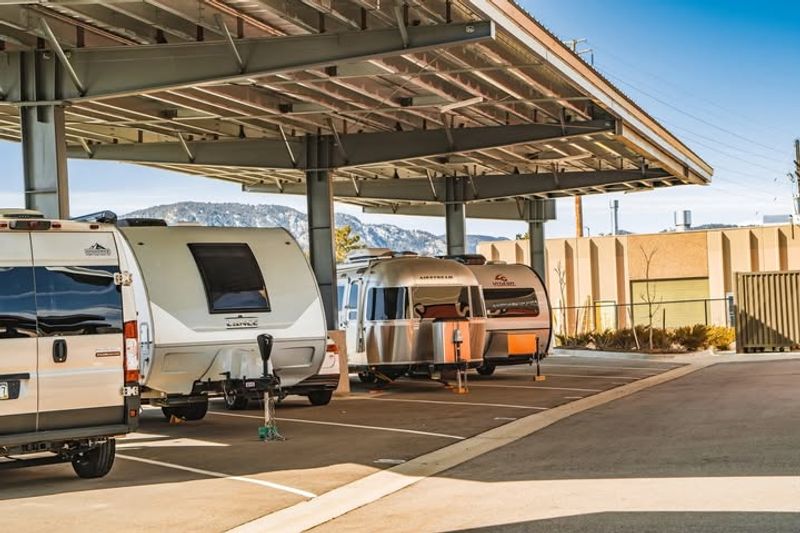
Owning campers and boats means you need somewhere to keep them when not exploring Connecticut’s beautiful outdoors. Many neighborhoods are cracking down on visible RV and boat storage because these large vehicles can block sight lines and make streets look cluttered.
Some communities allow storage only in garages or behind houses, while others prohibit it completely in residential zones. Parking regulations vary widely between towns, with some allowing short-term storage and others requiring off-site facilities. Review your town’s parking ordinances carefully, as violations can result in daily fines until you relocate your recreational vehicles.
8. Vegetable Gardens In Front Yards
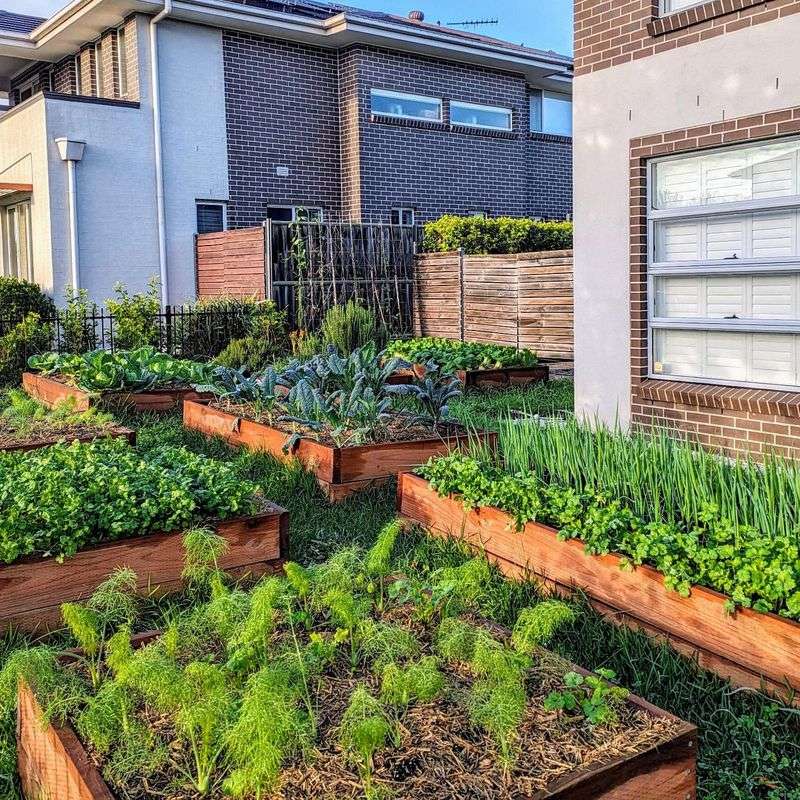
Growing your own tomatoes and lettuce provides fresh, healthy food and connects families to where their meals come from. Surprisingly, some Connecticut towns are considering restrictions on front-yard gardens because they believe vegetable plots look messy compared to traditional ornamental landscaping.
Homeowner associations sometimes argue that food gardens decrease neighborhood appeal and property values. Several communities already require gardens to be placed in backyards only, hidden from street view. Supporters of food gardening are fighting these restrictions, but regulations continue appearing in local zoning codes across Connecticut.
9. Solar Panel Ground Mounts
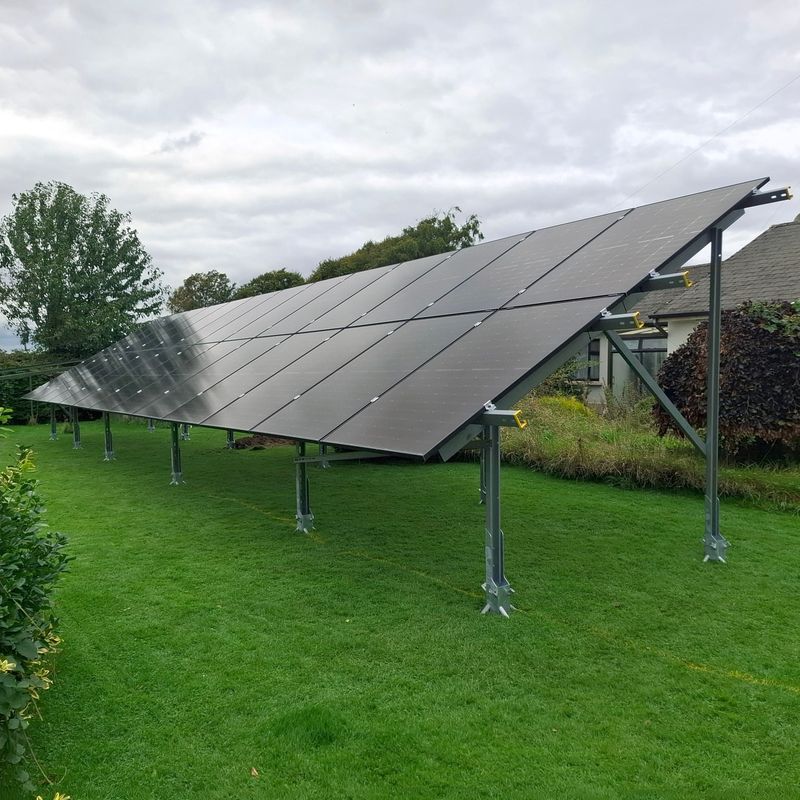
Renewable energy appeals to environmentally conscious homeowners who want to reduce electricity bills and their carbon footprint. While rooftop solar panels generally receive approval, ground-mounted systems in yards are facing increased scrutiny from Connecticut planning boards.
Neighbors sometimes complain that ground arrays are unattractive and reflect glare into adjacent properties. Some towns worry about setting precedents that could lead to yards filled with industrial-looking equipment. Zoning boards are developing new regulations that may limit ground-mounted solar to backyards only or require special permits with strict screening requirements before installation.




